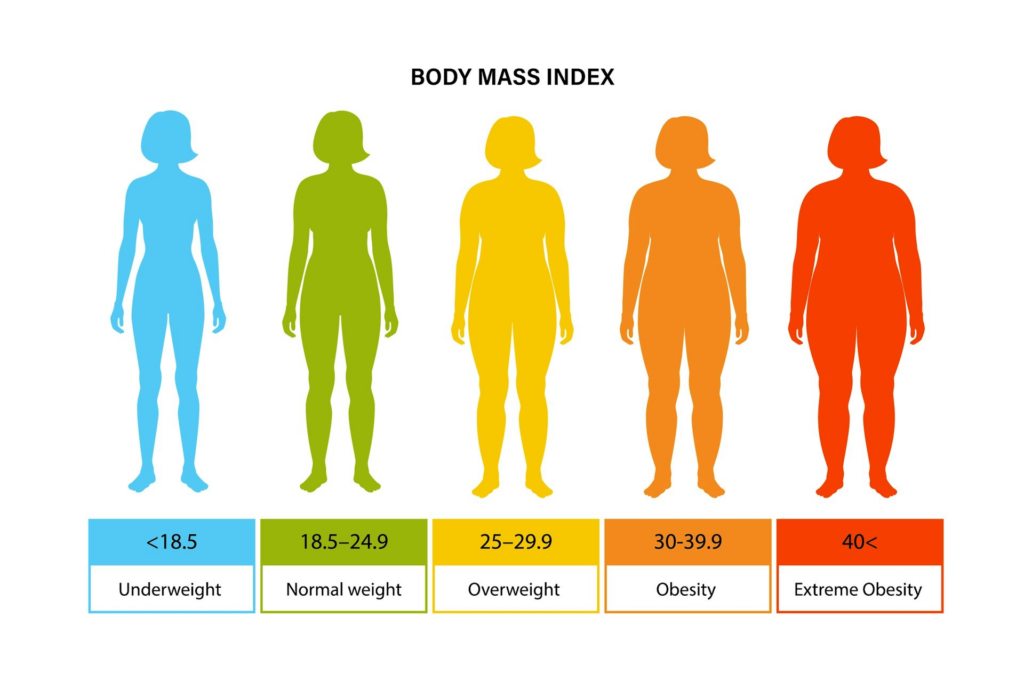Is BMI an Accurate Predictor of Health?

Is BMI an Accurate Predictor of Health?
Body Mass Index (BMI) has long been used as a standard measurement for assessing an individual’s health based on their weight and height. However, recent studies and expert opinions suggest that BMI might not be the most accurate tool for determining overall health. Let’s explore the limitations and alternatives to this widely used metric.
What is BMI?
BMI is calculated by dividing a person’s weight (in kilograms) by their height (in meters squared). The resulting number is then classified into different categories:
- Underweight: BMI below 18.5
- Normal weight: BMI 18.5–24.9
- Overweight: BMI 25–29.9
- Obese: BMI 30 or higher
While BMI is easy to calculate and provides a general guideline, it does not consider several crucial factors.
Limitations of BMI
Overlooks Overall Health Markers
A person with a “normal” BMI may still have poor metabolic health, high blood pressure, or other health issues that BMI does not detect.
Does Not Differentiate Between Muscle and Fat
Athletes or individuals with high muscle mass may have a high BMI but low body fat, making them inaccurately classified as overweight or obese.
Ignores Fat Distribution
BMI does not account for where fat is stored in the body. Visceral fat (around internal organs) is more harmful than subcutaneous fat (under the skin), but BMI does not distinguish between them.
Does Not Consider Age, Gender, or Ethnicity
Different populations and age groups have varying body compositions, which BMI fails to account for, leading to misleading health assessments.
Alternative Health Indicators
To gain a more comprehensive understanding of health, consider these alternative measures:
Physical Fitness Levels: Strength, endurance, and flexibility provide a better overall picture of health.
Waist-to-Hip Ratio (WHR): A better indicator of fat distribution and cardiovascular risk.
Body Fat Percentage: Determines the actual proportion of fat in the body.
Metabolic Health Markers: Includes blood pressure, cholesterol levels, and insulin sensitivity.
Conclusion
While BMI remains a useful screening tool, it should not be the sole determinant of health. Considering other factors such as body composition, fat distribution, and metabolic health is essential for a more accurate assessment. If you are concerned about your health, consulting a healthcare professional for a comprehensive evaluation is always the best approach.
Supplement Wisely
Some supplements can help boost metabolism and control appetite.
Try Mitolyn to Maximize Your Results
Mitolyn is an advanced supplement that aids in fat burning naturally and safely. Formulated with scientifically proven ingredients, it can be a great ally in your weight loss journey. If you want more effective and sustainable results, it’s worth trying!
➡️ Click here to discover Mitolyn and transform your weight loss journey!

Dr. Sarah Miller is widely recognized as an influential leader in the healthcare field, with a career marked by excellence, innovation, and dedication to improving human well-being. Combining exceptional academic knowledge, clinical experience, and a deep commitment to research, she has become a reference in her specialty.







